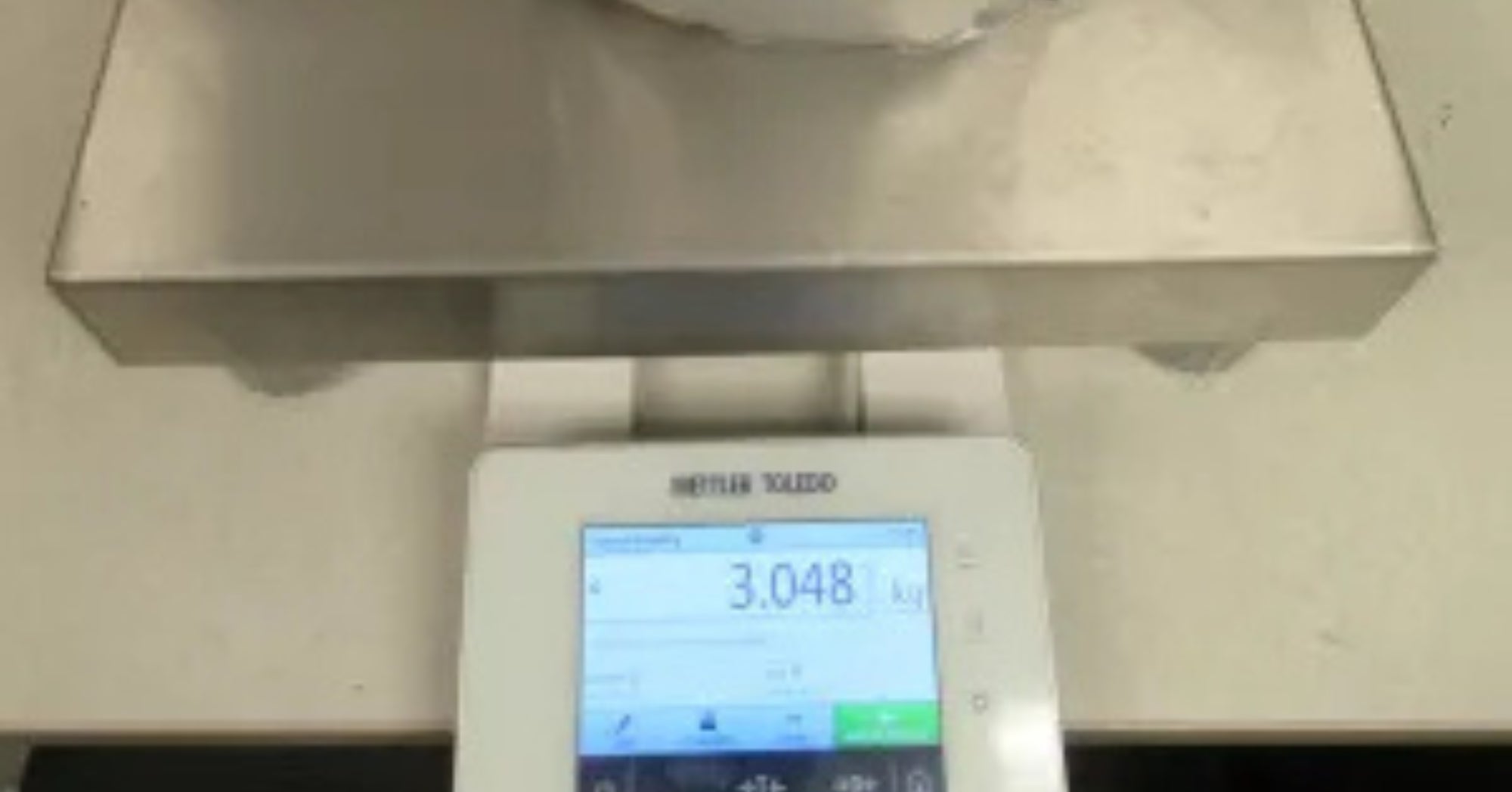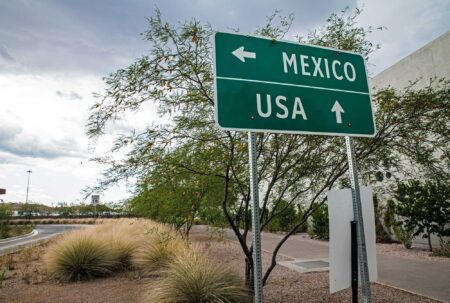U.S. Customs and Border Protection officers in Chicago intercepted three shipments of the dangerous veterinary sedative xylazine on April 12, stopping the drug from making its way into American communities. The seizures were made by CBP’s Anti-Terrorism Contraband Enforcement Team at an air cargo facility, where the powder-filled packages, all arriving from China, raised immediate suspicion.
The packages were headed to three separate addresses — one in Cleveland and two in Philadelphia. Officers flagged the shipments for inspection and used a handheld elemental isotope analysis tool to confirm their instincts. The device quickly identified the powder as xylazine, a sedative originally developed for veterinary use in large animals.

While xylazine, sometimes called “tranq,” was designed to calm horses and cattle, it’s become a dangerous additive in the illicit drug trade. Increasingly, it’s found mixed with opioids like fentanyl and heroin, creating a potent and often deadly combination. Unlike opioids, xylazine is not responsive to overdose-reversal treatments like Narcan, and there’s no known antidote to counter its effects. Both the Food and Drug Administration and the Drug Enforcement Administration have issued warnings about the drug’s growing presence in illegal drug markets.
“The work of our officers has been incredible and their dedication to CBP’s enforcement mission is evident when you look at these deadly illicit substance seizures,” said LaFonda Sutton-Burke, Director of Field Operation for the Chicago Field Office. “Drug traffickers are persistent in their attempts to smuggle sedatives such as xylazine into the United States, however, through our hard work and vigilance we will continue to intercept these dangerous substances at our port of entry before they can harm our communities.”
As the largest federal law enforcement agency in the U.S., CBP’s role is a complicated one — balancing border security with the flow of legitimate trade and travel. From the air cargo floor in Chicago to 328 ports of entry across the country, officers are trained to spot unusual shipments like these before they reach American neighborhoods.


:max_bytes(150000):strip_icc()/Between-Corn-Rows-POV-Deep-Natalina-Sents-Bausch-dca1b82edce44bdd97dda3b76312e719.jpg)







:max_bytes(150000):strip_icc()/corn20row20medium20shot2027799306935_11d2bf8d68_c-bd8d55a13c9240b6a58d961346b384c5.jpg)
:max_bytes(150000):strip_icc()/100875326_pigs-205487d9fc054eaea6fab279218b5d6a.jpg)
